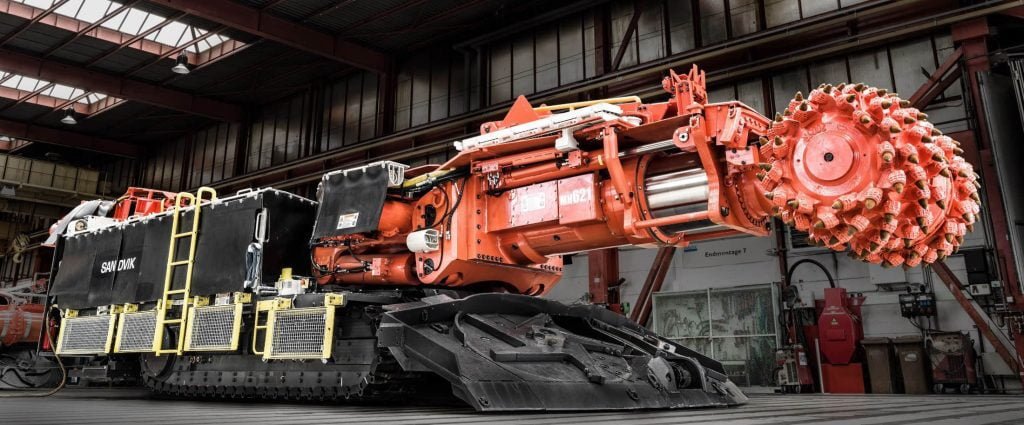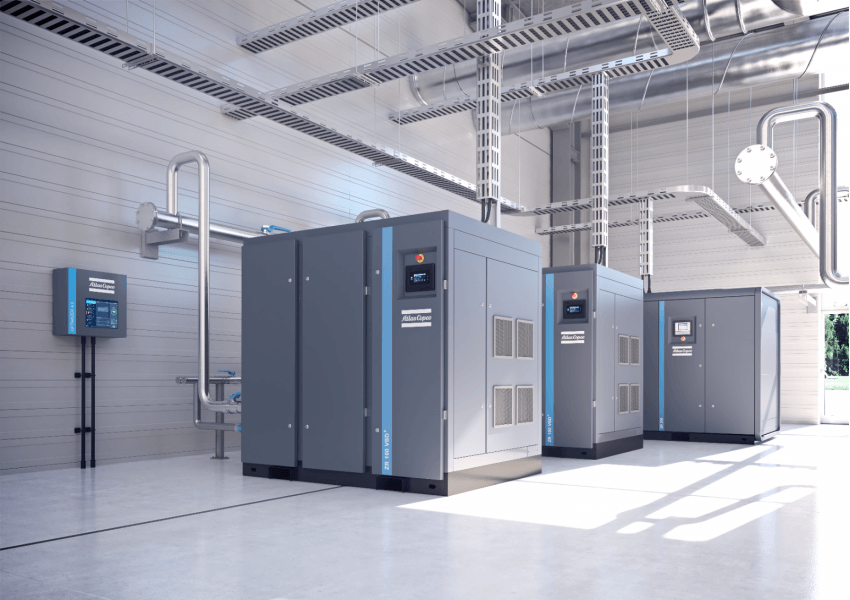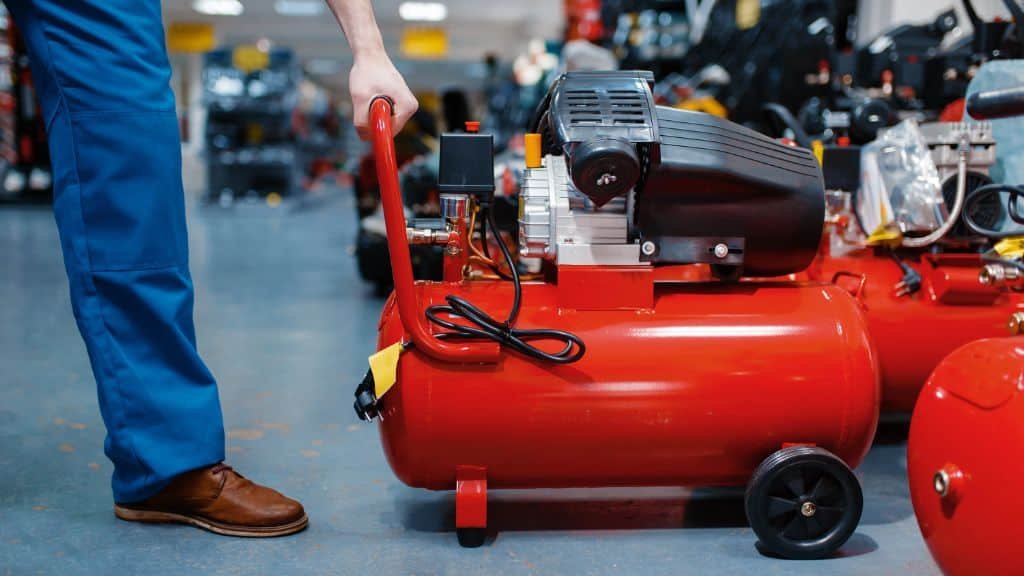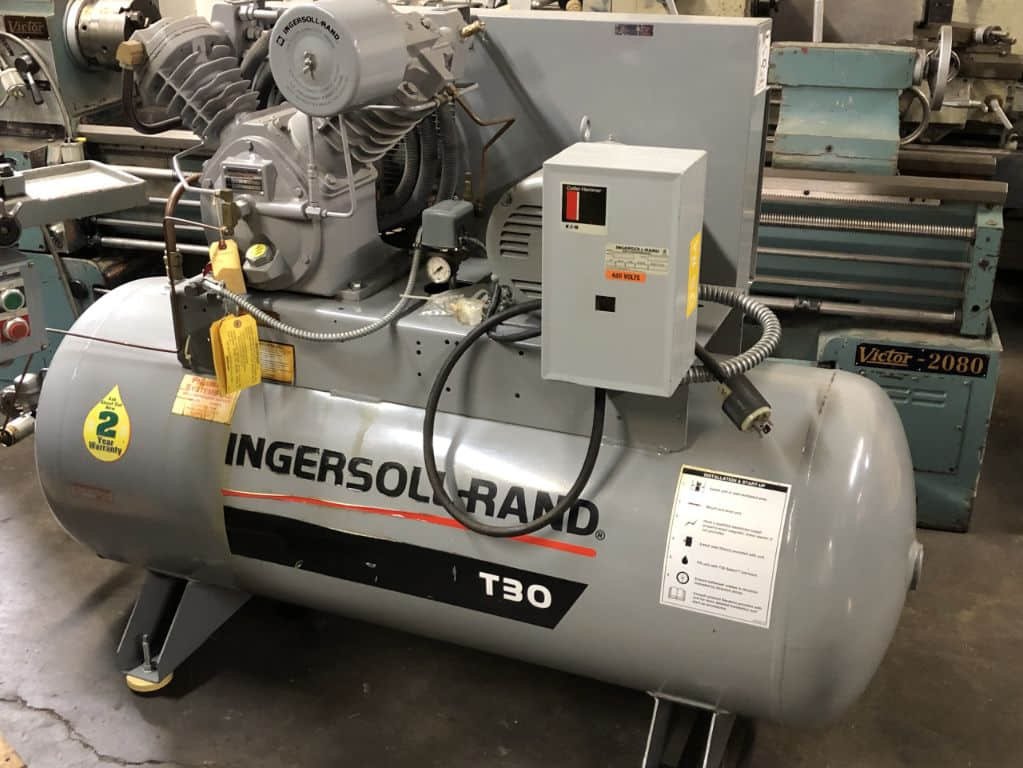Welcome to our comprehensive troubleshooting guide for Atlas Copco air compressors. In this article, we will delve into the most common technical issues that users encounter with these powerful machines and provide you with step-by-step solutions. Whether you are a seasoned technician or a beginner, this guide will equip you with the knowledge and skills to effectively troubleshoot and resolve any problems that may arise. So, let’s get started!
1. Low Air Pressure
One of the most frequent issues faced by users is low air pressure. This can be caused by various factors, including:
- Clogged air filters
- Leaking hoses or fittings
- Malfunctioning pressure regulator
To address this problem, follow these steps:
- Inspect and clean the air filters regularly to ensure proper airflow.
- Check all hoses and fittings for leaks. Replace any damaged components.
- Calibrate the pressure regulator according to the manufacturer’s instructions.
By addressing these potential causes, you should be able to restore the air compressor’s pressure to its optimal level.
2. Excessive Noise
If your Atlas Copco air compressor is making more noise than usual, it could indicate underlying issues such as:
- Loose or worn-out belts
- Damaged or misaligned pulleys
- Internal mechanical problems
To resolve this problem, take the following steps:
- Tighten or replace any loose or worn-out belts.
- Inspect the pulleys for damage or misalignment. Adjust or replace them if necessary.
- If the noise persists, it may be due to internal mechanical problems. In such cases, it is recommended to contact a professional technician for further assistance.
Addressing these issues will not only reduce the noise level but also ensure the smooth operation of your air compressor.
3. Overheating
Overheating is a common problem that can lead to serious damage if not addressed promptly. Some possible causes of overheating include:
- Insufficient ventilation
- Dirty or clogged cooling fans
- Malfunctioning temperature sensors
To prevent overheating, follow these steps:
- Ensure that the air compressor is placed in a well-ventilated area.
- Clean the cooling fans regularly to remove any dirt or debris.
- If the issue persists, check the temperature sensors and replace them if necessary.
By taking these preventive measures, you can avoid potential damage caused by overheating and extend the lifespan of your air compressor.
4. Oil Leaks
Oil leaks can occur in Atlas Copco air compressors due to various reasons, including:
- Worn-out seals or gaskets
- Loose or damaged fittings
- Excessive oil pressure
To fix oil leaks, follow these steps:
- Inspect and replace any worn-out seals or gaskets.
- Tighten or replace any loose or damaged fittings.
- Check the oil pressure and adjust it to the recommended level.
By addressing these issues promptly, you can prevent further damage to your air compressor and ensure its efficient operation.
5. Electrical Problems
Electrical issues can disrupt the functioning of your Atlas Copco air compressor. Some common electrical problems include:
- Tripped circuit breakers
- Faulty wiring
- Defective control panel
To troubleshoot electrical problems, follow these steps:
- Check the circuit breakers and reset them if necessary.
- Inspect the wiring for any signs of damage or loose connections. Repair or replace as needed.
- If the control panel is malfunctioning, contact a professional technician for repair or replacement.
Addressing these electrical issues will ensure the safe and reliable operation of your air compressor.
6. Compressor Won’t Start
If your Atlas Copco air compressor fails to start, it can be frustrating. Some possible causes for this issue include:
- Power supply problems
- Faulty pressure switches
- Motor or starter issues
To resolve this problem, follow these steps:
- Check the power supply and ensure that it is properly connected and functioning.
- Inspect the pressure switches and replace them if they are faulty.
- If the motor or starter is the problem, it is recommended to seek professional assistance for repair or replacement.
By following these troubleshooting steps, you should be able to get your air compressor up and running smoothly.
Frequently Asked Questions (FAQs)
1. Why is regular maintenance important for Atlas Copco air compressors?
Regular maintenance is crucial to ensure the optimal performance and longevity of your air compressor. It helps prevent potential issues and allows for early detection of any problems that may arise.
2. How often should I change the air filters?
The frequency of air filter changes depends on various factors such as the operating environment and usage. However, as a general guideline, it is recommended to inspect and clean or replace the air filters every three to six months.
3. Can I use Atlas Copco air compressors in extreme weather conditions?
Atlas Copco air compressors are designed to operate in a wide range of weather conditions. However, it is important to follow the manufacturer’s guidelines and take necessary precautions to protect the compressor from extreme temperatures, humidity, and other environmental factors.
4. What should I do if my air compressor emits unusual odors?
If you notice unusual odors coming from your air compressor, it may indicate a potential problem. It is recommended to turn off the compressor and contact a professional technician for inspection and repair.




